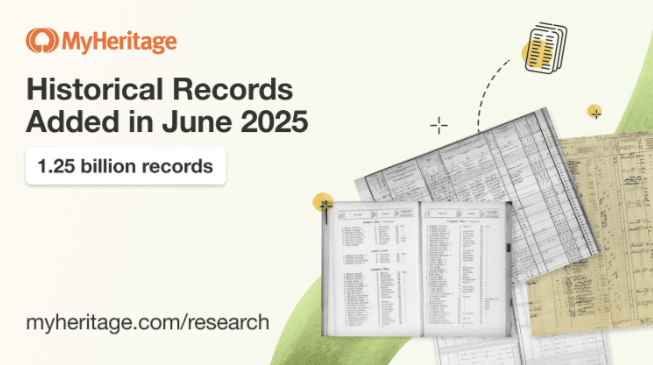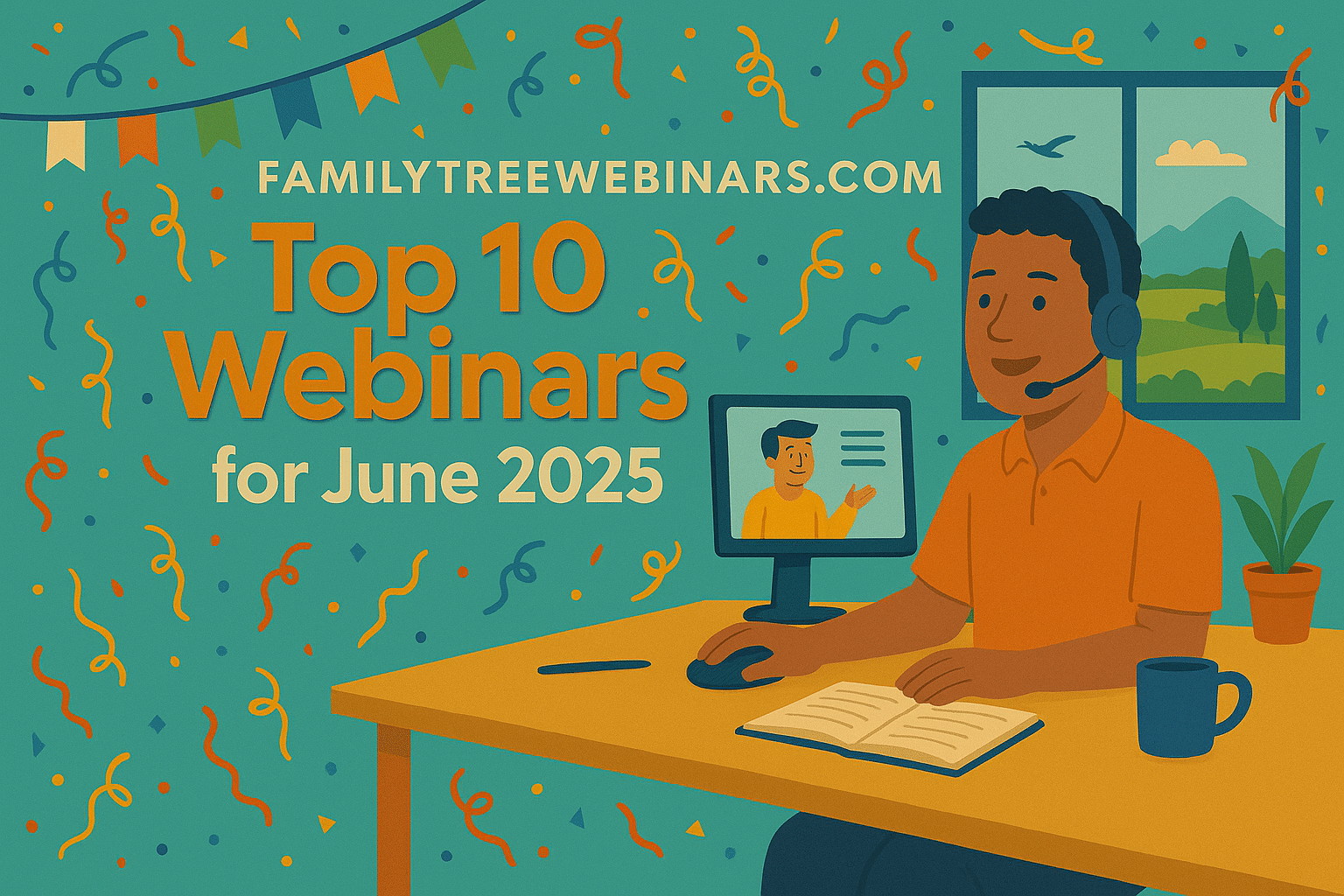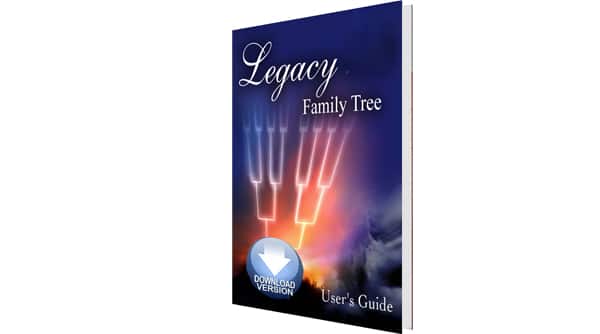Your cart is currently empty!
The Importance of Non-Fiction to the Genealogist
I love non-fiction books. I love them so much that I host two book clubs just to share my love of reading. It’s my opinion that for genealogists, reading non-fiction, non-genealogy books, can improve your research exponentially.
Let me give you an example. I recently read the book Not All Wives: Women of Colonial Philadelphia by Karin Wulf. While I don’t have Pennsylvania ancestors (that I know of) I do try to read books about the lives of historical women since I present and write articles about researching women. It’s important to me that I not only understand genealogical methodology but that I understand all resources that document historical women’s lives.
The back cover of Not All Wives provides a synopsis of what the book is about:
Marital status was a fundamental legal and cultural feature of women’s identity in the eighteenth century. Free women who were not married could own property and make wills, contracts, and court appearances, rights that the law of coverture prevented their married sisters from enjoying. Karin Wulf explores the significance of marital status in this account of unmarried women in Philadelphia, the largest city of the British colonies.
So just reading that, I know that this book covers topics that as a genealogist I would be interested in such as original source records (property, wills, contracts, court appearances) and relationships (single women and married women).
Although I think reading non-fiction is important, I’m not saying a fiction book can’t help or influence your genealogy. I recently read the book The Book Woman of Troublesome Creek by Kim Michele Richardson (2019) which is a historical fiction account that tells the story of the WPA’s Pack Horse Library Project and the Blue People of Kentucky. Most authors of historical fiction provide some insight into their research project and sources at the conclusion of their books which can also be important. However, the benefit of a non-fiction books lies in its bibliography, footnotes, or endnotes.
Sources
Looking through the footnotes in Not All Wives, the genealogical researcher becomes aware of various sources that might be available for their own research. Of the sources the author used, she remarks that she “systematically reviewed public records such as tax records, Constable’s Returns (a kind of census), court dockets, and the minutes and accounts of pubic poor relief officials to help construct of unmarried women’s economic status.”

The author continues to write that the “private records” she looked at included “account books, commonplace books, correspondence, diaries and school materials…” These manuscript materials are the type that you could find in a search of archival catalogs. You could start with ArchiveGrid .
Additional Readings
In additional to the benefit of discovering new sources, non-fiction books provide you bibliographic lists of journal articles and books that might help shed light on an historical era or even the interpretation of records that are genealogical relevant. Consider just some of the published works found in the footnotes of Not All Wives:
- Lisa Wilson, Life after Death: Widows in Pennsylvania, 1750-1850 (Philadelphia: Temple University Press, 1992)
- David E. Narrett, “Men’s Wills and Women’s Property Rights in Colonial New York,” in Ronald Hoodman and Peter J. Albert, eds., Women in the Age of American Revolution (Charlottesville, Virginia, 1989)
- Merril Smith, Breaking the Bonds: Marital Discord in Pennsylvania 1730-1830 (New York: New York University Press, 1991).
- Laurel Thatcher Ulrich, Good Wives: Image and Reality in the Lives of Women in Northern New England (New York: Random House, 1980)
- Laurel Thatcher Ulrich, “Martha Ballard and Her Girls: Women’s Work in Eighteenth-Century Maine,” in Stephen Innes, ed., Work and Labor in early America (Chapel Hill, 1988).
- Peter Thompson, “A Social History of Philadelphia’s Taverns 1683-1800” (PhD. Dissertation, University of Pennsylvania).
- Joan M. Jensen, Loosening the Bonds: Mid-Atlantic Farm Women, 1750-1850 (New Haven: Yale University Press, 1986)
Start Reading!
What’s the benefit of non-fiction, non-genealogical books to the family historian? The biggest benefit is the opportunity to increase your understanding of how to research historical people, what records exist that might be new-to-you, and the benefit of learning more about research. Looking for a new read? I would suggest using a website like GoodReads (I’ve written about the website in a previous blog post), joining a local book club, or simply asking your friends on social media websites Facebook or Twitter what they are reading.
Stretch your thinking about your genealogical research and take some time to peruse a non-fiction non-genealogical book. I'd love to hear about what you are currently reading!
Check out the Legacy webinar library for webinars for researching women!
Gena Philibert-Ortega is an author, instructor, and researcher. She blogs at Gena's Genealogy and Food.Family.Ephemera. You can find her presentations on the Legacy Family Tree Webinars website.






Currently reading “Andersonville” by MacKinlay Kantor. Although I don’t think I had ancestors there, I do have relatives who died in prison camps during the Civil War, so it does give me some idea of the bleakness of their lives and deaths. I don’t think one can read a book without learning something that is somehow applicable to genealogy or history.